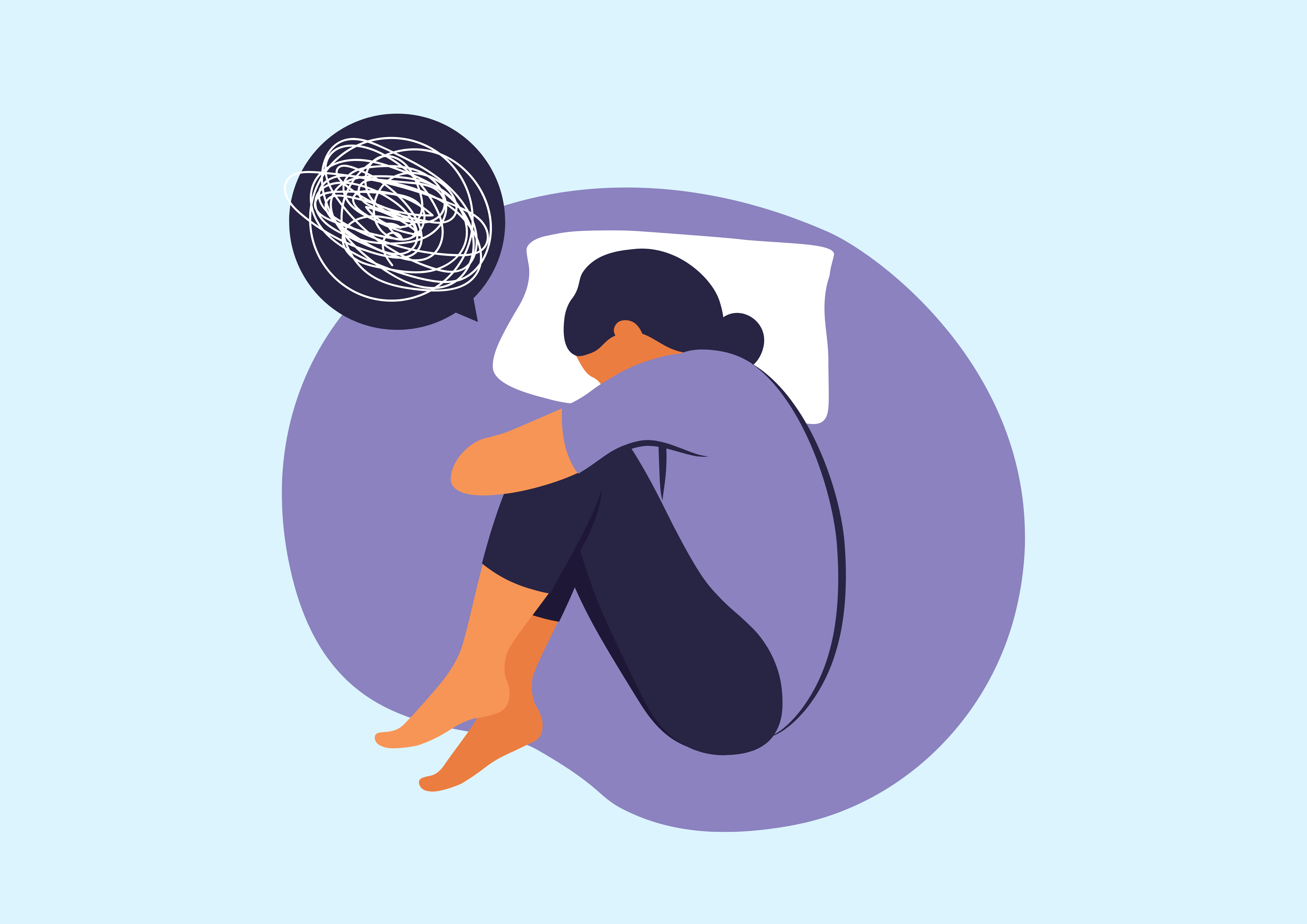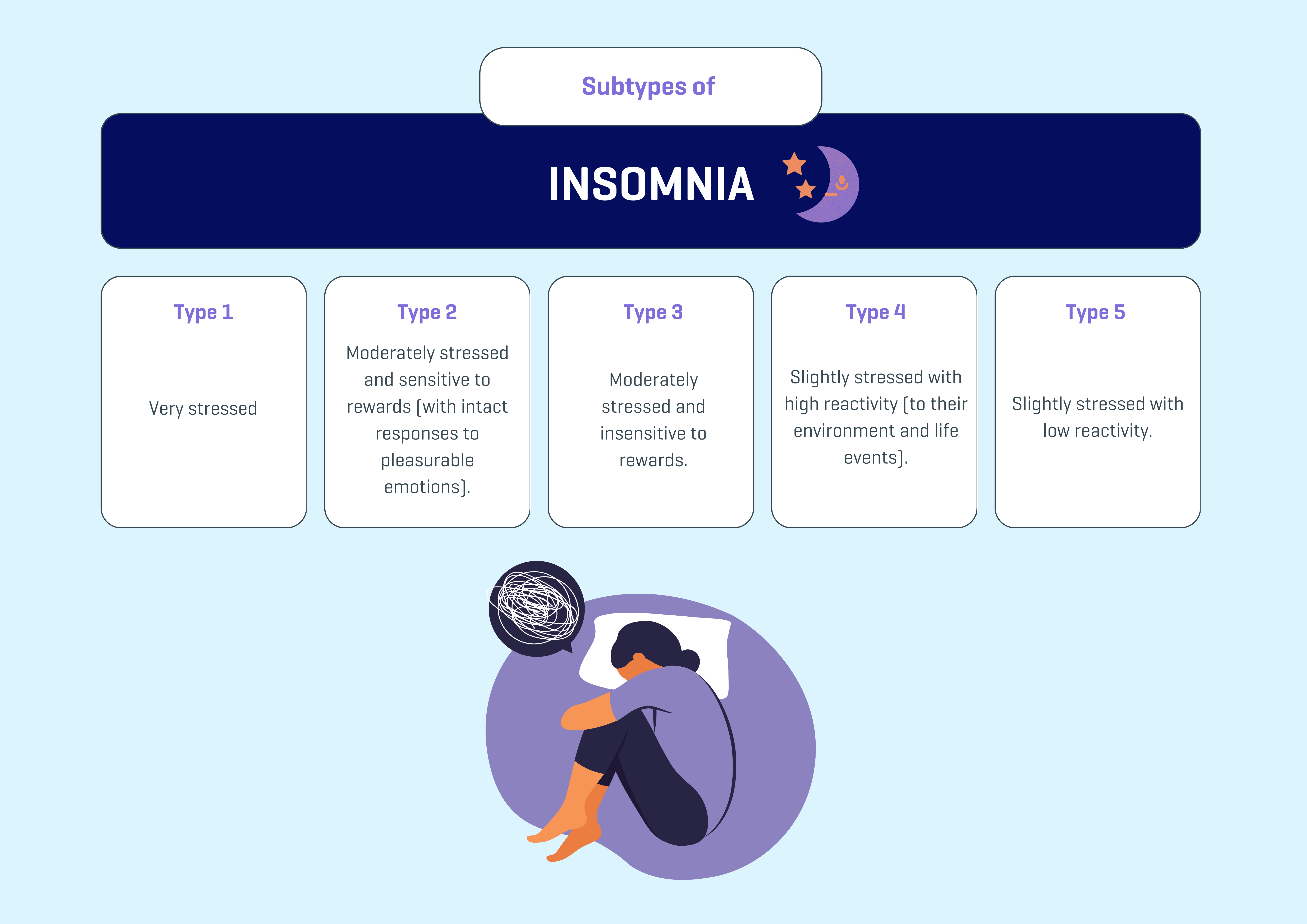People with insomnia differ in altered brain connections
6 August 2024

6 August 2024

Differing alterations in brain connections can lead to the same vulnerability to insomnia.
We all occasionally experience a night of poor sleep. This isn’t a problem if it happens every now and then. However, if it occurs more frequently and you have trouble sleeping for more than three nights a week for over a period of three months, we call it insomnia. Insomnia, also known as sleeplessness, is the most common sleep disorder and poses a serious chronic problem for around 10% of the population. Yet, the underlying brain mechanisms remain poorly understood. A new study shows that we cannot group all people with insomnia together.
In previous research from the Netherlands Institute for Neuroscience, Tessa Blanken discovered five types of insomnia. All types were associated with the same sleep complaints but differed in personality and mood. Colleague researcher Tom Bresser thought that their MRI brain scans should also be examined separately. “I wanted to know if the location of the brain’s white matter deviates between these five types.. It turns out it does!” Bresser shares enthusiastically. “We saw that the limbic circuit, important for emotions, has more abnormal connections in insomnia types that report fewer positive emotions.
For each type, we saw different circuits with different abnormalities. If we hadn’t made distinctions and had lumped all types together, most indications of different biological vulnerabilities would have gone unnoticed.”

Figure: Subtypes of insomnia. Based on personality traits and mood, people with insomnia can be divided into five subtypes. MRI scans show that these five subtypes also exhibit abnormalities in different parts of the brain, indicating different biological vulnerabilities.
Bresser: “This research helps us better understand which brain circuits are involved in insomnia. We hope that this knowledge can help design more specific treatments. Everyone carries the same label of ‘insomnia,’ but the underlying vulnerabilities in the brain can differ. For a subtype with vulnerability in the emotional brain circuit, treatment might specifically focus on supporting emotion processing.” Bresser: “These people with insomnia develop anxiety or post-traumatic stress disorders more quickly and find it harder to recover when they’re sleeping poorly. We are now looking for people who are about to start treatment for such a disorder to investigate whether sleeping better helps them recover faster.”
On a more personal note, Bresser hopes his research can help those suffering from insomnia understand their own health problem better as well. “Throughout my research I spoke to a number of people who don’t feel like they’re taken seriously, or are told that they should just go to bed earlier. Hearing that they’re not crazy, and that there are observable differences can offer them relief”.
Insomnia worsens one’s ability to recover from anxiety or post-traumatic stress disorder. Better sleep could make the treatment more effective. Are you about to start treatment and would you like to participate in our follow-up study? Sign up now at https://slaapregister.nl/beter.
Source: Biological Psychiatry
The Friends Foundation facilitates groundbreaking brain research. You can help us with that.
Support our work